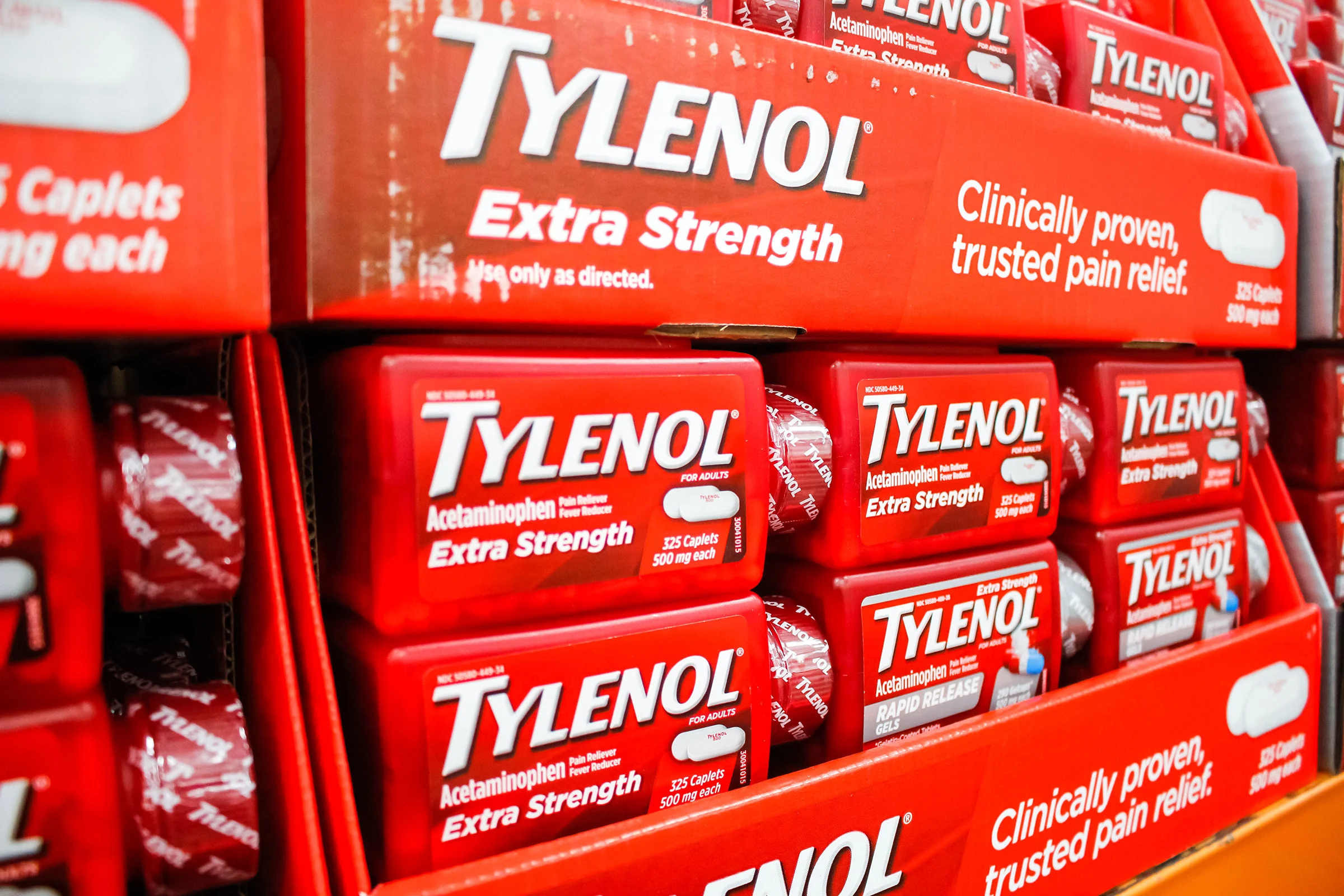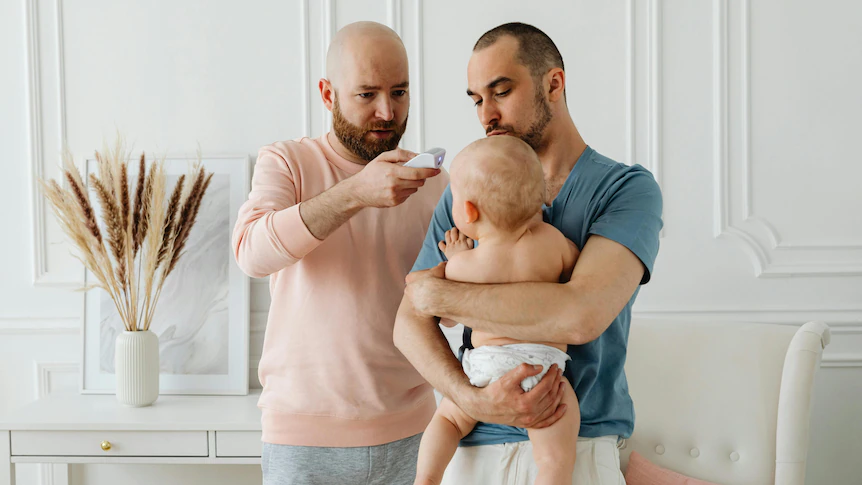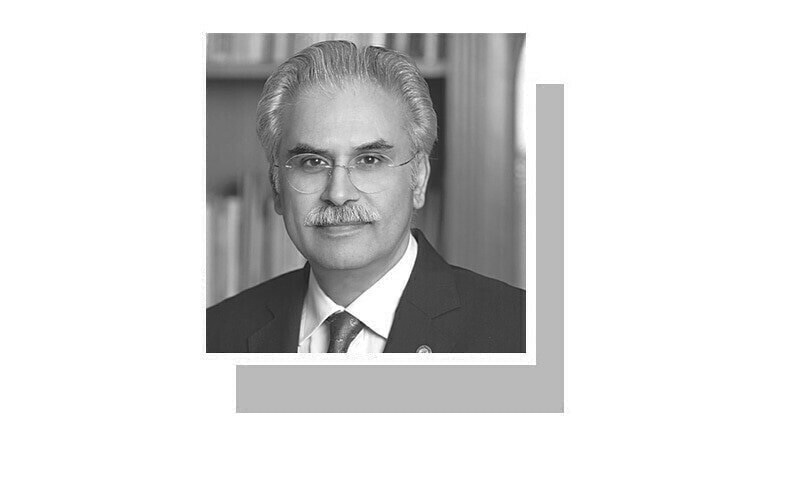By Agence France-Presse
Copyright scmp

US President Donald Trump on Monday urged pregnant women not to take Tylenol over an unproven link to autism and urged major changes to the standard vaccines given to babies.
The announcement comes as the White House has vowed to revolutionise health in the United States, as experts across medicine and science voice broad concern over the administration’s initiatives.
Medical professionals have long cited acetaminophen – widely known as paracetamol in the UK, Europe and much of the rest of the world – as among the safest painkillers to take during pregnancy, especially as fever and pain can also pose dangers to both the mother and the developing fetus.
But Trump insisted that “taking Tylenol is not good”.
“For this reason, they are strongly recommending that women limit Tylenol use during pregnancy unless medically necessary. That’s, for instance, in cases of extremely high fever that you feel you can’t tough it out,” he said.
During his news conference Trump then pushed major changes to the routine vaccine schedule given to infants, insisting without evidence that there is “no reason” to vaccinate newborns against the incurable, highly contagious hepatitis B.
Repeating anti-vaccine movement talking points, Trump said: “I would say, wait until the baby is 12 years old and formed.”
That statement stands in direct contradiction to the broad medical consensus formed over decades that the best way to prevent maternal transmission of the disease that can cause liver damage and cancer is to vaccinate newborns within the first day of life.
Trump’s statement comes days after an influential advisory panel hand-picked by health chief Robert F. Kennedy Jnr stopped short of advising that a delay of one month for the first dose of hepatitis B was warranted.
They deemed more discussion was necessary – offering temporary relief to many public health experts who said delaying that vaccination could have dire results.
Identifying the cause of autism – a complex condition connected to brain development that many experts believe occurs for predominantly genetic reasons – has been a pet cause of Trump’s controversial health secretary.
Earlier this year, Kennedy – well known for his anti-vaccine views and penchant for conspiracy theories – vowed he would release findings regarding autism’s cause by September.
The administration’s recent initiative to uncover autism’s roots has been widely criticised. Kennedy has spent decades pushing discredited claims that link vaccines to autism.
He touted the drug leucovorin, a form of vitamin B first used to alleviate chemotherapy side effects, as an “exciting therapy” that could help children with autism.
The FDA on Monday said it was approving the drug’s tablet form to help a subset of children who have “cerebral folate deficiency”.
The Trump government’s expected focus on acetaminophen, the active ingredient in Tylenol, is likely to meet broad critique.
The American College of Obstetricians and Gynecologists (ACOG) is among the major medical groups that have identified Tylenol as one of the safest options for pain relief and fever reduction during pregnancy. Doctors already warn against its long-term use.
Another common over-the-counter pain reliever, ibuprofen, is generally considered unsafe for pregnant people, especially after the 20th week.
A literature review published last month concluded there was reason to believe a possible link between Tylenol exposure and autism existed – but other studies have found an opposite result.
Researchers behind the August report cautioned that more study is needed and that pregnant people should not stop taking medication without consulting their doctors.
David Mandell, a psychiatric epidemiologist at the University of Pennsylvania, told Agence France-Presse that research suggests the possible risks posed by taking Tylenol while pregnant seem “to be lower than the risk of having an uncontrolled infection during pregnancy”.
The professor of psychiatry also emphasised that digging into the interaction of genetic and environmental factors is an area of critical research but that to take on those studies with rigour demands decades of study and funding – and cast the Trump administration’s efforts as rushed.
The Coalition of Autism Scientists earlier called it “highly irresponsible and potentially dangerous to claim links between potential exposures and autism when the science is far more nuanced and uncertain”.
“Secretary Kennedy’s announcement will cause confusion and fear,” said the group in a statement.



